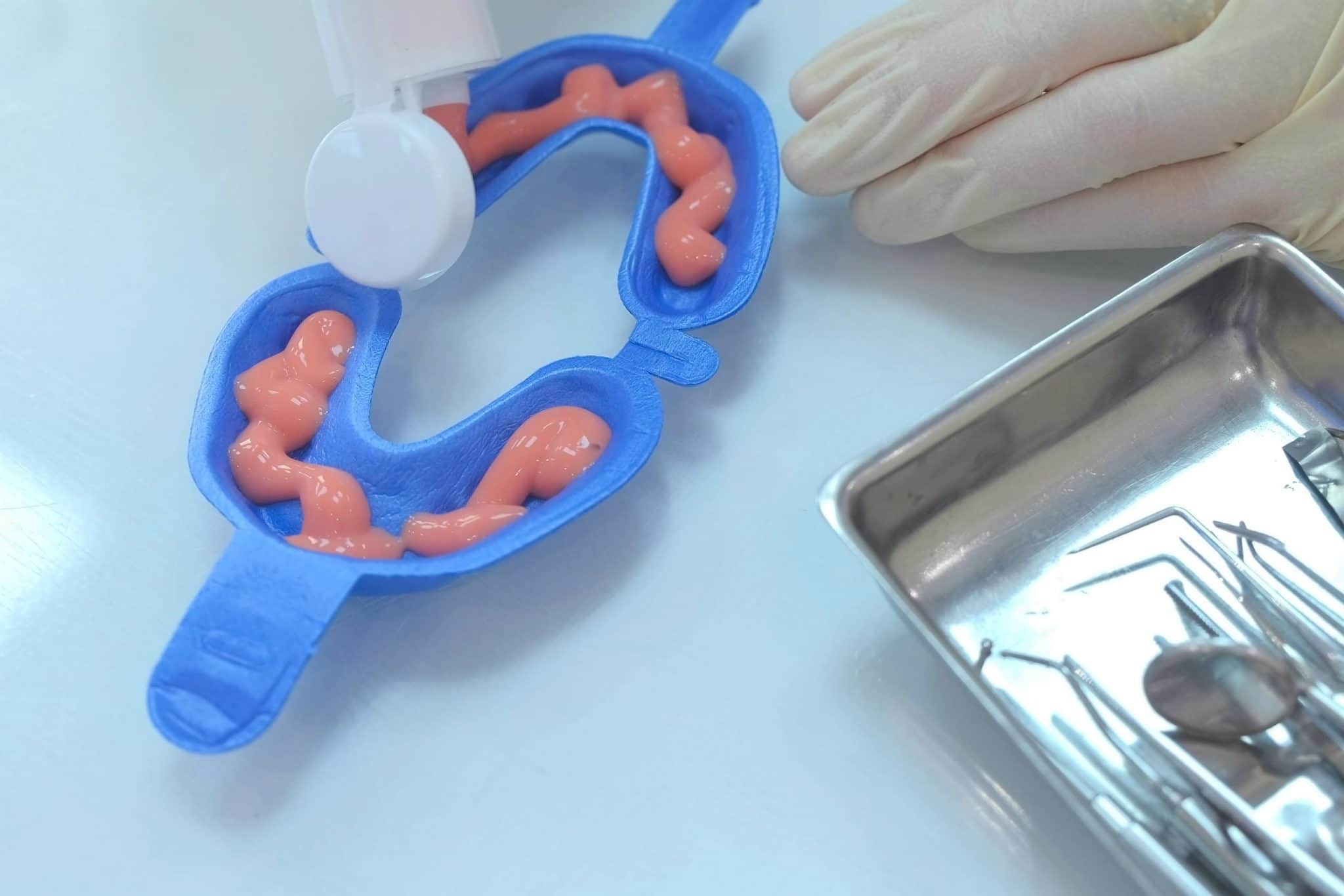What are Fluoride Treatments?
Fluoride treatment involves applying concentrated fluoride rinse, foam, gel, or varnish on teeth. The doctor will use a swab, brush, or tray. Alternatively, they can be delivered in a mouthwash. The fluoride will diffuse in the teeth. The doctor can advise you to abstain from eating for 30 minutes to allow the fluoride to absorb.
Fluoride treatments are also delivered through fluoride supplements and toothpaste. The supplements are taken only under prescription and can be in the form of a tablet, drop, or lozenge form. These are recommended for people who live in areas where water doesn’t have enough fluoride in them. They can be taken by adults and children aged above 6 months. A doctor can also prescribe a special fluoride rinse or gel for use at home. This is for those with a higher risk of developing tooth cavities.
Children aged under 6 years should not take fluoride treatments unless they are advised so by the doctor. Further, it is advisable to supervise children when taking fluoride treatments to ensure they do it in the right manner. Because of the taste of the toothpaste, most children will swallow it when brushing their teeth. Hence it may not be as effective. If not observed, children will also be more likely to eat foods immediately without allowing for 30 minutes necessary for absorption into the teeth. Besides, it is necessary to talk to the doctor about the fluoride needs of your children. You can initiate this debate on noticing damage to teeth.
Fluoride treatments can be administered to anyone without any specific teeth condition. In fact, it is recommended to take it every 3, 6, or 12 months depending on your oral health. You can take it once a year to maintain the condition of your teeth and prevent damage.




